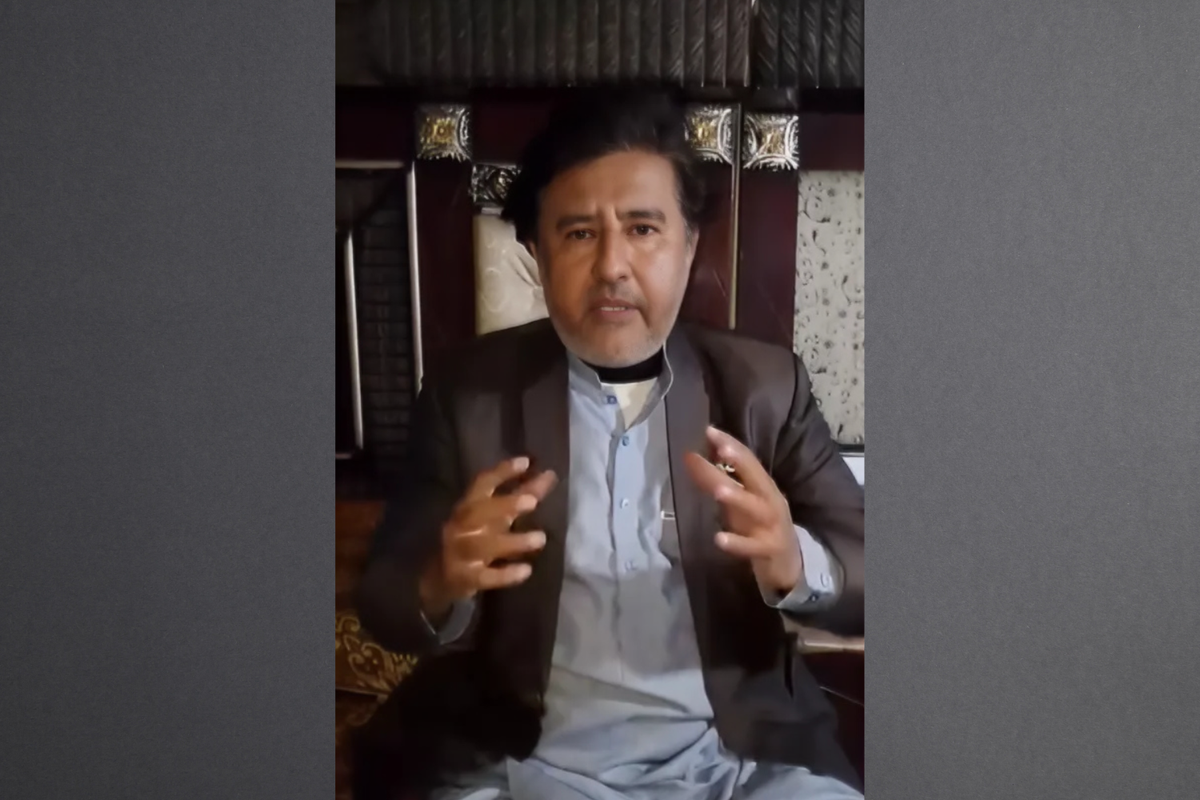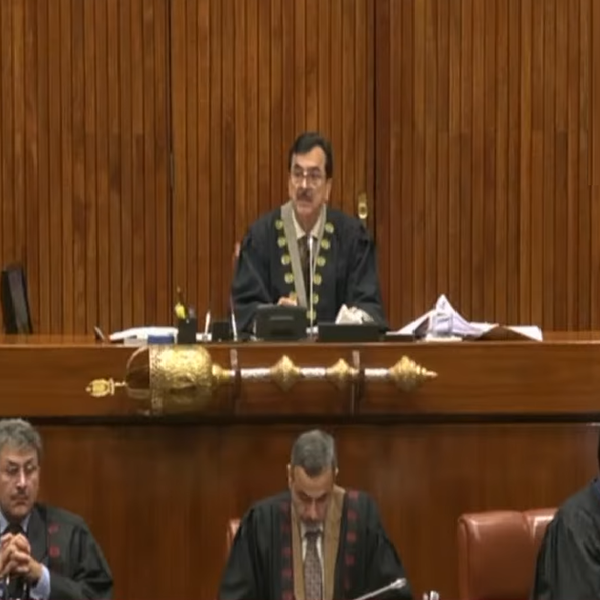Pakistani journalist accused of threatening Punjabi officials released
Court cites lack of evidence in dismissing terrorism charges against Seraiki-language journalist Razish Liaqatpuri
News Desk
The News Desk provides timely and factual coverage of national and international events, with an emphasis on accuracy and clarity.

Journalist allegedly posted video threatening Punjabi officials and referencing 'Seraikistan'
Case highlights ongoing tensions between Pakistan's Punjabi majority and minority language groups
Press union welcomed verdict while calling for balance between media freedom and ethnic harmony
A Pakistani court on Tuesday discharged Seraiki-language journalist Razish Liaqatpuri from terrorism charges related to allegations that he had threatened ethnic Punjabi government officials, in a case that touched on tensions between Pakistan's Punjabi-speaking majority and minority language groups.
Anti-terrorism court judge Muhammad Arshad ordered Liaqatpuri's immediate release, citing a lack of evidence connecting him to the alleged offense of terrorism. The journalist, whose legal name is Shakeel Ahmed, had been charged on Monday under Pakistan's anti-terrorism laws after posting a video threatening violence against Punjabi government officers.
Liaqatpuri's family and local journalists claimed he was held at an undisclosed location for three days before charges were formally filed, according to a Dawn newspaper report.
According to the charges filed Monday, Liaqatpuri had posted a Facebook video announcing he had purchased a gun and intended to "selectively kill Punjabi officers." The video reportedly ended with the phrase "My love is Seraikistan," referencing the proposed separate province.
The Pakistan Federal Union of Journalists, which had earlier expressed concern about Liaqatpuri's alleged undisclosed detention while calling for responsible journalism, welcomed Tuesday's court decision but emphasized the need for protecting both press freedom and ethnic harmony.
Lingual negativity
Local Seraiki rights organizations in Bahawalpur and neighboring districts have long advocated for greater recognition of their language in official communications and government services. The region, historically part of the Bahawalpur state before its merger into West Pakistan in 1955, has seen periodic movements for administrative autonomy.
While mainstream Seraiki organizations have historically pursued their goals through political and legal channels, the language issue remains contentious.










Comments
See what people are discussing